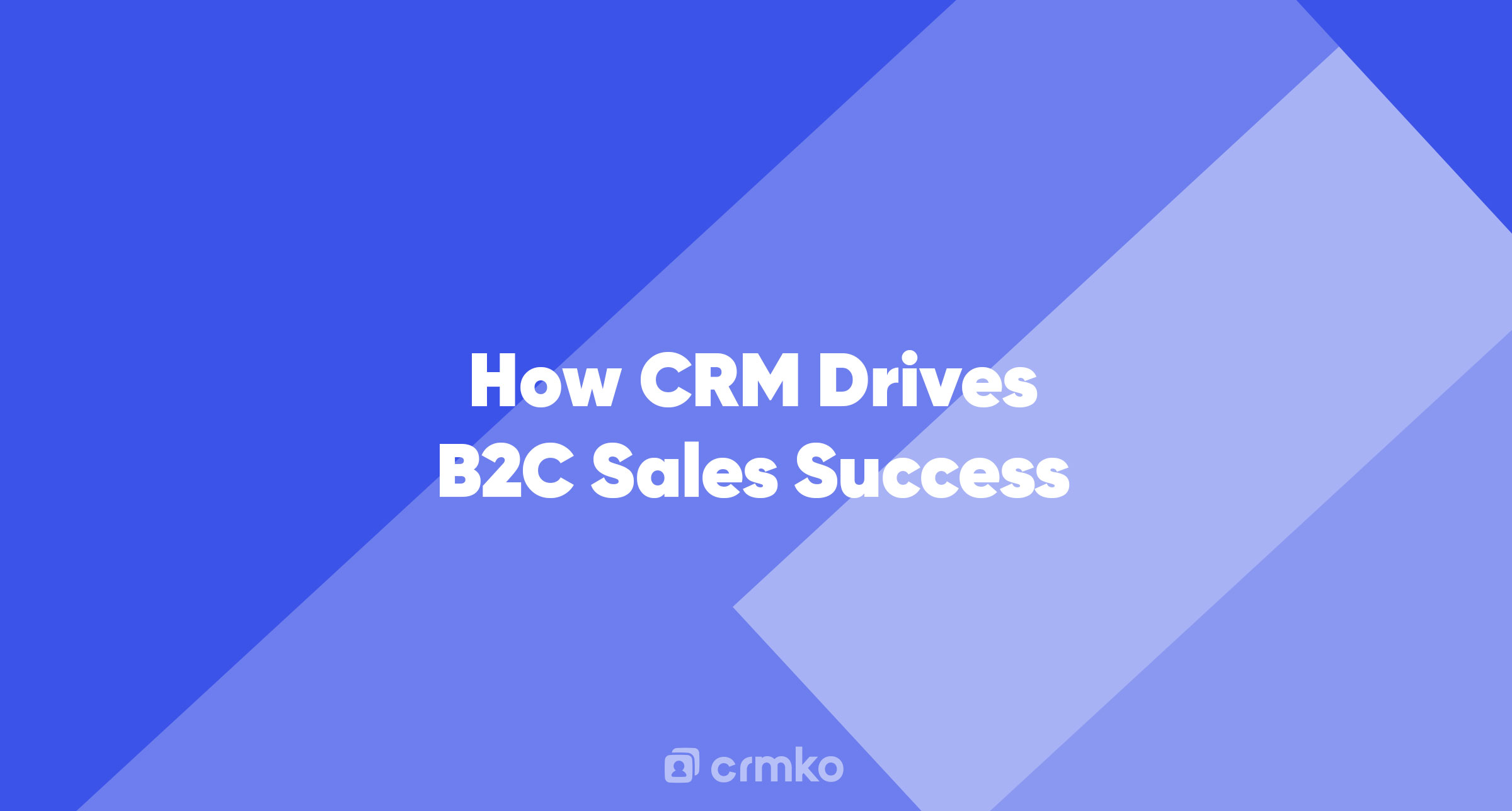B2C organizations face unique challenges when it comes to sales. While lead generation may not be an issue, nurturing leads and converting them into customers can be a daunting task. Some of the common challenges faced by B2C sales teams include:
1. Quality of Leads
Sales teams often spend a significant amount of time and effort on uninterested prospects or casual inquiries. This impacts their speed-to-lead for qualified leads and slows down the overall sales process.
2. Lead Prioritization
Handling leads on a first-come-first-serve basis is not the most efficient method. Sales teams waste time nurturing leads that may never convert, while potentially missing out on hot prospects. Prioritizing leads based on their potential value is crucial for maximizing sales efforts.
3. Communication and Follow-ups
Sales reps often struggle with finding lead information and manually maintaining logs and follow-up reminders. This can lead to missed opportunities and a lack of consistent communication with potential customers.
4. Incentives and Performance Tracking
Sales reps may feel dissatisfied with the incentives they receive, while managers find it challenging to calculate individual performance metrics and calculate incentives accurately.
To address these challenges and drive B2C sales success, organizations need a comprehensive CRM solution that can streamline their processes and optimize customer interactions.
Leveraging CRM for B2C Sales Success
CRM solutions have evolved beyond contact management tools to become integral to driving sales success. Modern CRM systems offer a range of features and functionalities that can transform your sales processes. Let's explore how CRM can drive B2C sales success:
1. Automate Repetitive Tasks
CRM systems can automate repetitive tasks, freeing up sales, marketing, and customer service teams to focus on more valuable activities. From sending routine marketing emails to tracking metrics and logging phone calls, CRM automation improves overall productivity.
2. Build an Omnichannel Customer Experience
Customers today interact with businesses through multiple channels. A CRM system can help create a unified customer experience by offering support through various channels, such as email, chat, social media, and in-person meetings. By tracking and recording all interactions, organizations can provide a seamless and consistent experience for their customers.
3. Personalize Customer Experiences
Personalization is key to building strong customer relationships. CRM solutions gather customer data and previous interactions to add relevant content to emails, texts, social media, and chat. By leveraging this data, organizations can send personalized offers, recommendations, and messages that resonate with customers and increase engagement.
4. Prioritize Leads with Lead Scoring
Lead scoring is a powerful feature of CRM systems that helps prioritize leads based on their potential value. By assigning points to leads based on predefined rules and interactions, sales teams can focus their efforts on the most promising opportunities, maximizing conversion rates and sales success.
5. Develop Sales Prospects
CRM systems help organizations generate a large pool of prospects by automating data entry and capturing leads from various sources. By importing prospect lists and capturing email addresses from website interactions, organizations can expand their prospecting efforts and increase their chances of converting leads into customers.
6. Conduct Sales Outreach
CRM solutions assist with automating outreach efforts and tracking progress. By personalizing outreach messages based on prospects' history and tracking responses, organizations can effectively engage with potential customers and move them closer to making a purchase decision.
7. Follow Up on Leads
Following up on leads is crucial for nurturing relationships and converting prospects into customers. CRM systems can automate follow-up calls and emails, ensuring that no leads slip through the cracks. By providing timely and personalized follow-ups, organizations can increase their chances of closing deals and driving sales success.
8. Improve Customer Touchpoints
CRM systems provide visibility into customer interactions across departments, enabling organizations to deliver consistent and personalized experiences. By having access to a customer's complete history, employees can provide relevant and timely solutions, building trust and encouraging repeat business.
9. Reduce Time to Close
CRM solutions streamline the sales process by providing a 360-degree view of the customer. This enables sales teams to quickly align on the next steps needed to close a deal, eliminating delays and reducing the overall time to close.
10. Automate Reporting and Analytics
CRM systems provide comprehensive reporting and analytics capabilities, allowing organizations to track sales performance, measure the effectiveness of marketing efforts, and gain valuable insights into customer behavior. By leveraging data-driven insights, organizations can make informed decisions and continuously optimize their sales strategies.
11. Enhance Collaboration and Communication
CRM systems facilitate collaboration and communication among sales teams, marketing teams, and other departments. By centralizing customer data and interactions, teams can work together more efficiently, share information, and coordinate efforts to drive sales success.
12. Foster Customer Loyalty and Repeat Business
CRM systems help organizations cultivate customer loyalty by identifying upsell, cross-sell, and renewal opportunities. By understanding customer preferences and purchase history, organizations can offer personalized recommendations and incentives, increasing customer satisfaction and driving repeat business.
By leveraging the power of CRM, organizations can overcome the challenges of B2C sales and drive success in today's competitive market. From automating tasks to personalizing customer experiences, CRM solutions provide the tools and insights needed to optimize sales processes and foster strong customer relationships.
Conclusion
CRM is a game-changer for B2C businesses looking to drive sales success. By leveraging the features and functionalities of CRM systems, organizations can streamline their sales processes, improve customer interactions, and ultimately, boost revenue growth. Invest in the right CRM solution and unlock the potential for growth in your B2C sales.
